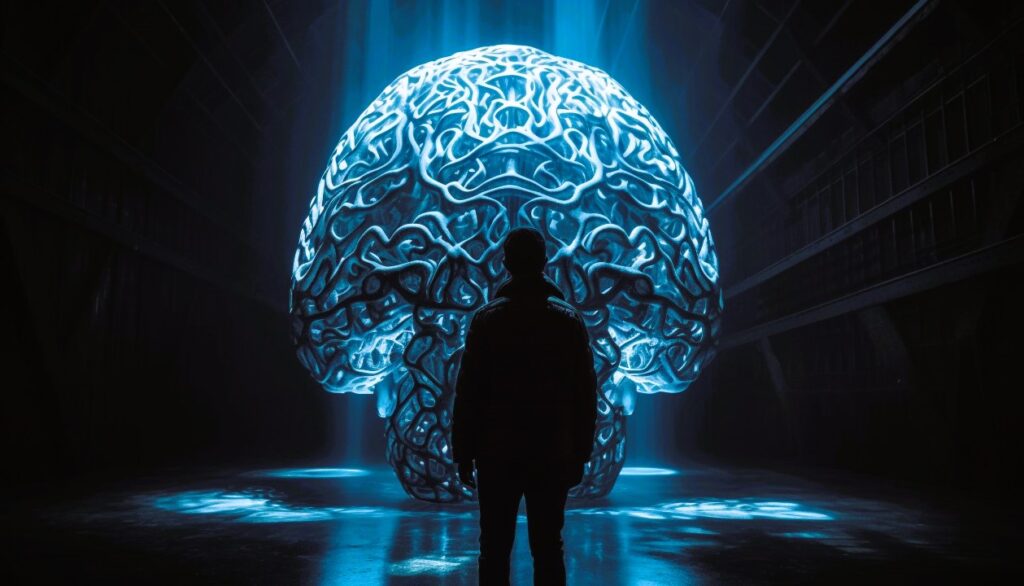Video games have become an integral part of modern entertainment, offering immersive experiences that engage players on multiple levels. Beyond providing simple enjoyment, games can also have a profound impact on our emotional state and psychological well-being. In this article, we’ll explore the complex relationship between games and psychology, examining how the gaming process influences our emotions and mental health.
1. The Psychology of Gaming
To understand the effects of gaming on our emotional state, it’s essential to first examine the psychology behind gaming. Video games are designed to elicit a range of emotions and responses from players, from excitement and joy to frustration and anxiety. Game developers use various techniques, such as narrative storytelling, gameplay mechanics, and audiovisual cues, to create immersive and engaging experiences that resonate with players on an emotional level.
2. Emotional Engagement

One of the most significant ways in which games impact our emotional state is through emotional engagement. When we play games, we become emotionally invested in the virtual world and its characters, experiencing a wide range of emotions as we progress through the game. For example, a thrilling action sequence may evoke feelings of excitement and adrenaline, while a poignant story moment may elicit sadness or empathy. By immersing players in emotionally resonant experiences, games have the power to evoke strong emotional responses and create lasting memories.
3. Stress and Relaxation
Gaming can also influence our stress levels and overall sense of relaxation. While some games may induce stress and tension, such as fast-paced action games or competitive multiplayer matches, others can serve as a form of relaxation and stress relief. For example, casual games like puzzle games or simulation games offer a more laid-back and relaxing experience, allowing players to unwind and escape from the stresses of daily life. By providing a temporary escape from reality, games can help alleviate stress and promote relaxation. Did you like the article? Read also about gaming tournaments and e-sports.
4. Social Connection
Another important aspect of gaming psychology is its impact on social connection and relationships. Many games offer multiplayer features and online communities where players can connect, collaborate, and compete with others from around the world. These social interactions can have a significant impact on our emotional well-being, providing opportunities for socialization, friendship, and belonging. For example, cooperative multiplayer games encourage teamwork and cooperation, fostering positive social bonds and relationships.
5. Cognitive Benefits
In addition to their emotional impact, games can also have cognitive benefits that contribute to our overall psychological well-being. Many games require players to use problem-solving skills, critical thinking, and strategic planning to overcome challenges and achieve objectives. By engaging in these cognitive tasks, players can improve their cognitive abilities, such as memory, attention, and spatial awareness. Furthermore, games that incorporate educational content or brain-training exercises can help maintain cognitive function and prevent cognitive decline in later life.

Conclusion
In conclusion, the relationship between games and psychology is complex and multifaceted, with games influencing our emotional state, stress levels, social connections, and cognitive abilities in various ways. By understanding the psychological mechanisms at play in gaming, we can better appreciate the impact that games have on our lives and make informed decisions about how we engage with them. Whether it’s finding relaxation and stress relief, connecting with others, or sharpening our cognitive skills, games have the power to shape our emotional and psychological well-being in profound ways.
For further reading on the psychology of gaming, you can visit the following websites:
These resources provide valuable insights and information on the psychological aspects of gaming, as well as research findings, expert opinions, and discussions on the topic. Whether you’re a gamer interested in understanding the emotional impact of games or a psychologist studying the effects of gaming on mental health, these websites offer a wealth of resources to explore.

